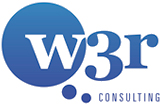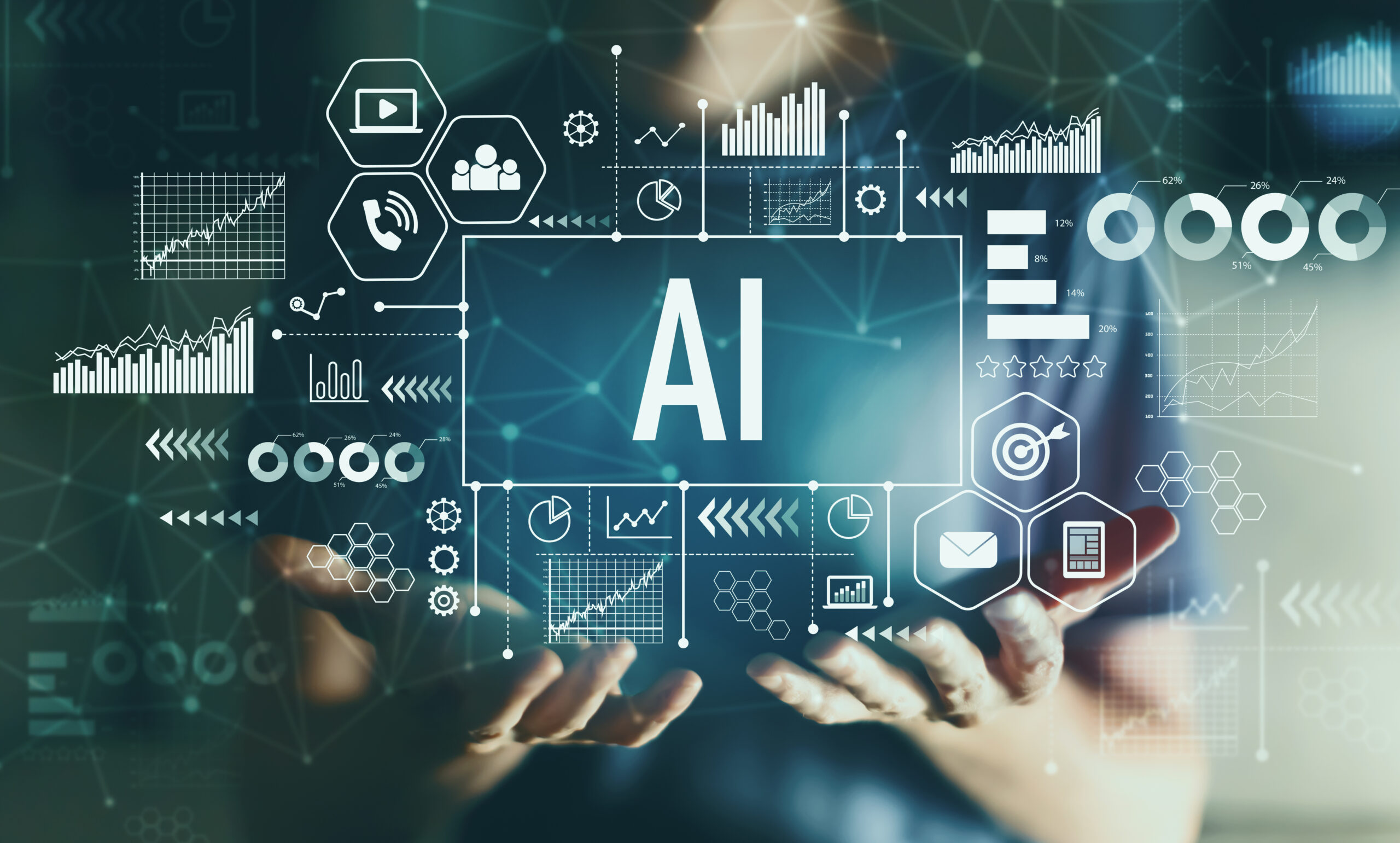Artificial intelligence is in the process of altering every facet of the business world and recruiting is no exception. Often, AI is presented as a future substitute for recruiters, but that couldn’t be further from the truth. We believe that artificial intelligence will serve not as a replacement of human recruiters and HR professionals, but as an augmentation of the curiosity and ingenuity of these subject matter experts. Here’s how AI tools will impact your hiring process – and why recruiters and project based staffing partners will be part of that equation.
An Overview of AI Capabilities
Before we dig into the details of AI and its impact on business, we first need to define what Artificial Intelligence is and is not. The term AI is often used broadly to describe a variety of applications or systems that analyze, interpret, and even act upon complex business data. Yet that catch-all generalization muddies the waters of what artificial intelligence can achieve for organizations.
For some clarity, here are the three major types of AI within business contexts:
- Robotic Process Automation (RPA) – This is the most common type of artificial intelligence applied within the workplace as it is the least expensive and easiest to implement.
- Cognitive Insight – When people talk about machine learning, this is the type of AI they envision. Programs that are capable of cognitive insights use algorithms to help businesses analyze and interpret huge volumes of data, providing insights that would other be unobtainable in a timely manner.
- Cognitive Engagement – This technology is at the frontier of innovation, pioneering the ability for chatbots and so-called intelligent agents to process natural language and engage with customers and internal employees. This type of AI promises to personalize customer interactions and deepen the level of engagement businesses can deliver in the future.
Right now, the greatest potential within HR and recruiting comes from RPA and cognitive insight. Most commercially available tools are not ready to replace humans with true cognitive engagement – and won’t if outright replacement isn’t cost-effective.
Automating the Routine Work
What percent of your employees’ work can be automated? According to McKinsey Digital, 45% of American workers’ responsibilities can be automated by existing technologies. By creating the right RPA protocols, businesses and staffing firms can automate a variety of recruitment funnel activities that require fewer skills to accomplish and distract from higher conversion work.
Where are the greatest opportunities? Think sourcing, screening, and scheduling. These activities are essential to draw the right talent into the recruitment funnel, but do not require the finesse of other talent acquisition processes. The benefit of RPA in these instances is that recruiters and HR professionals can save their energy, creativity, and problem-solving skills of tasks that require higher skill levels to achieve results.
In fact, 70% of organizations believe that their employees are enabled to dedicate more time to human interactions now that RPA programs are in place. This maximizes recruitment outcomes and amplifies your ability to hire top talent in a challenging talent market.
Enhancing Decision Making
With cognitive insight, your recruitment processes are empowered by sophisticated algorithms that detect patterns in large data sets. Machine learning applications can help businesses analyze and interpret huge volumes of data, providing insights that predict which candidates will be most interested in opportunities, when to send communications, and when to scale up your workforce. Over time, machine learning models improve and get better at making predictions based on the data they receive.
One particularly innovative application of AI technology is its use as a tool for forecasting employee attrition. IBM is piloting a predictive attrition program that is 95% accurate at predicting which employees are preparing to quit their jobs. With that information, organizations have several options: preemptively approach the employee in hopes of retaining their talent or ramp up the hiring process to reduce the length of time a position remains vacant.
Keeping the Personal Touch
Where recruiters and project based staffing partners are indispensable is with interpersonal interactions and analytical thinking. Candidates still value the ability to talk with a flesh and blood person who can address their needs and feel like a partner. Though AI programs are vital for setting the wheels in motion to connect candidates with new opportunities, emotional intelligence and the human touch are still what drive the hiring process to completion.
Furthermore, AI is still only equipped to handle predictable challenges or tasks. The curve balls thrown by complex real-world situations still require recruiters and HR professionals who can create new solutions for novel problems. In both situations, success depends on you working with the right staffing partner to maximize the impact of these increasingly impressive AI tools.
Looking to balance cutting-edge technology and strategic recruiting expertise as you build your workforce? Contact us today.
Related Articles
Does Your Data Architecture Align with Employees’ Needs?
The Truth about the Healthcare IT Talent Shortage
How Data Analysis Is Changing Workforce Management
[/fusion_builder_column][/fusion_builder_row][/fusion_builder_container]

